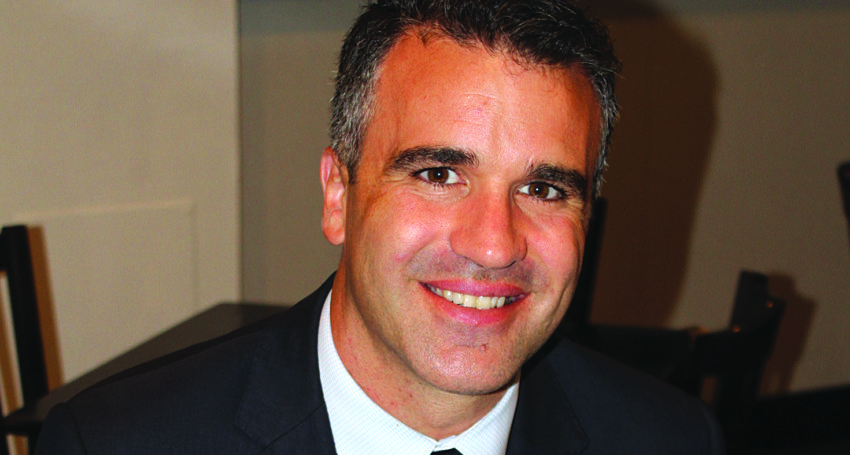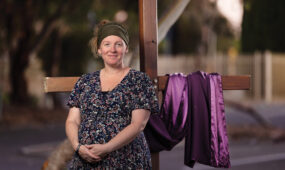Former prisoners wary of $40m transition plan
Local
While welcoming the State Government’s $40 million “new approach” to correctional services, some former prisoners are not convinced it will be successful without a fundamental change within the prison system and a more accepting society.

Correctional Services Minister Peter Malinauskas recently announced details of rehabilitative measures aimed at reducing the rate of re-offending in the State by 10 per cent by 2020, saying it would involve a “whole of system change” in offender management.
Initiatives will include providing $18.9 million for accommodation and support services for those released from prison who lack suitable housing, $9.2 million for education and vocational training for those in prison and $12.5 million to increase the capability of rehabilitation programs including family violence, sex offending and drug and alcohol problems.
Advertisement
“The reality is that the majority of people in prison will be released, which means that successful transition from prison back into the community is paramount,” he said.
“While the government will ensure those that need to be locked up will be, changing our approach will result in less crimes being committed, less victims and better use of taxpayer dollars.”
However, three former prisoners who spoke to The Southern Cross on the condition of anonymity, were sceptical about the funding saying things wouldn’t change unless there was better planning and organisation within Correctional Services, and society became more accepting of ex-offenders.
As John (not his real name) commented, there was a “complete lack of organisation and planning” towards training prisoners to gain employment on the outside and some of the courses offered were a “waste of money”.
He cited the example of prisoners being offered lessons in how to play the harmonica, which he knew had cost “thousands of dollars”.
“I think taxpayers are happy to have their money go toward rehabilitation if it is going to have a measurable effect on the number of houses that are getting broken into, but they would question such a waste of money,” he said, adding there was little training given to inmates about how to apply for a job or interview techniques.
Tom (not his real name) said that besides trying to secure work when released, finding accommodation was a major obstacle.
“I had 15 applications rejected as they think you don’t have the money and they know you’ve been in prison. You just can’t move on with your life and it would be very helpful if the prisoner support workers could have access to finding you housing.
“It doesn’t have to be on a permanent basis, something temporary for one or two months would help,” he said. Fortunately for him, he was able to secure accommodation through a church group and is currently living in rural SA, but hoping to return to Adelaide.
When he was released from the Port Augusta prison, Robert (not his real name) said he had $16 in his pocket, was wearing a pair of shorts (but no shoes or shirt) and somehow had to find his way back to Adelaide.
There was no support on offer and so he re-offended a couple of time as it was “the easiest option to go back as I had nowhere to go”.
Advertisement
In the past five years, however, he has turned his life around and is now married with a young child. Out of necessity he is running his own business as “you can’t get a job because people are put off by your criminal record”.
He suggested it would be helpful to have a mentor system in place, where someone who has turned their life around could go back and tell prisoners about to be released what they could expect on the outside – and how to overcome some of the inevitable hurdles. He also praised prison chaplains (Martyn Paxton and Mel Monfries) who were a great support both on the inside and even years later after being released.
“It doesn’t matter if you have faith or not, they are a person who is supportive and cares and will spend time with you. They never judge.”








Comments
Show comments Hide comments